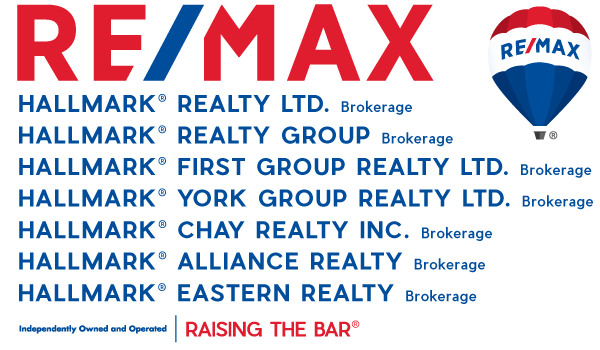Understanding the difference between condos and apartments is important for both buyers and renters. The main difference between the two is that you can buy a condo, whereas an apartment is available strictly for rent. However, there is more to it than that. If you are asking yourself, “what is the difference between a condo and an apartment?” we’ve got all the answers here.
What is the Difference Between a Condo and an Apartment?
Condos are multi-unit dwellings that can be found in high-rise, low-rise, medium-rise, and townhouse designs. The individual units are purchased through either the builder for new construction condos or through the owner for resale condos. Condo complexes are managed by a condo corporation, which collects monthly condo fees from unit owners.
Individual apartment units are only available for rent. The building is often owned and managed by a corporation that leases out the units to tenants. Where it can sometimes be a little confusing is that many condo units are available for rent by their owners. So, although the condo is owned, the owner can choose to rent it out.
What is the Difference Between the Rent for a Condo and an Apartment?
There are a number of differences when it comes to renting a condo and an apartment. First, in a condo, your landlord will usually be an individual, but with an apartment, you are renting from a property management company. Second, with a condo, you might be dealing directly with the landlord for repairs and to pay your rent, whereas with an apartment there is usually a superintendent who handles repairs and rent collection.
Are There Different Rules for Condos and Apartments?
If you are a renter, that is an especially important question. When renting an apartment, the rules are set up and enforced by the property management company. The same rules apply to every tenant and every unit in the building. If you are renting a condo, there are a number of different factors at play. First, there will be rules set by the HOA that can apply to not only the unit you rent but to the way you treat the entire complex. Second, you also have to deal with the rules laid down by the landlord. These rules can range from no pets to no smoking and from no nails in the walls to no painting.
As a condo owner who wishes to set the rules, it is important to be aware of the landlord and tenant act in your region to ensure you are not breaking any laws. As well, if you intend to purchase a condo to then rent the unit, always check with the HOA first. Many buildings restrict the number of units that can be rented.
A Comparison of Costs
For apartment rentals, your rent level remains the same based on the length of your lease. Although some apartments offer month-to-month or short-term leases, there is usually an agreement of a year. Once the lease ends, the landlord can raise the rent as long as it remains within the rights of the landlord and tenant act. Prices will vary based on the area, the demand, and the current market rates. In some cases, rent will include utilities while in others it won’t.
When you rent a condo, you usually have the same fixed monthly rental fees, but there can be special arrangements made if it is agreeable to you and the landlord. Your landlord sets the monthly rent and will often include their HOA fees and utilities.
In most cases, you will pay more in rent for a condo than an apartment when looking at the same general location. That can be as much as $700 per month in cities such as Toronto. In fact, in many cities, it is often cheaper to buy a condo than to rent one, in the long term.

